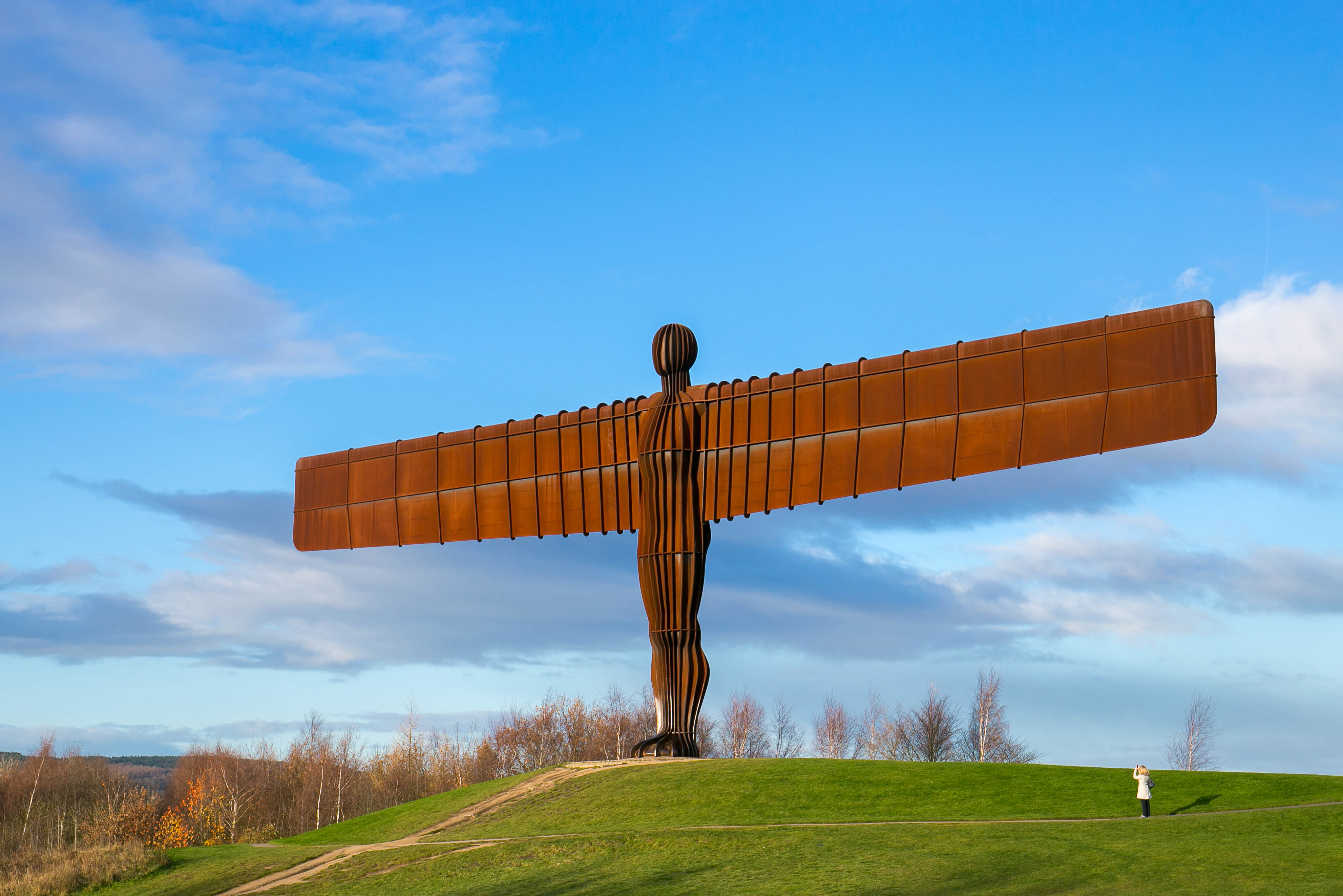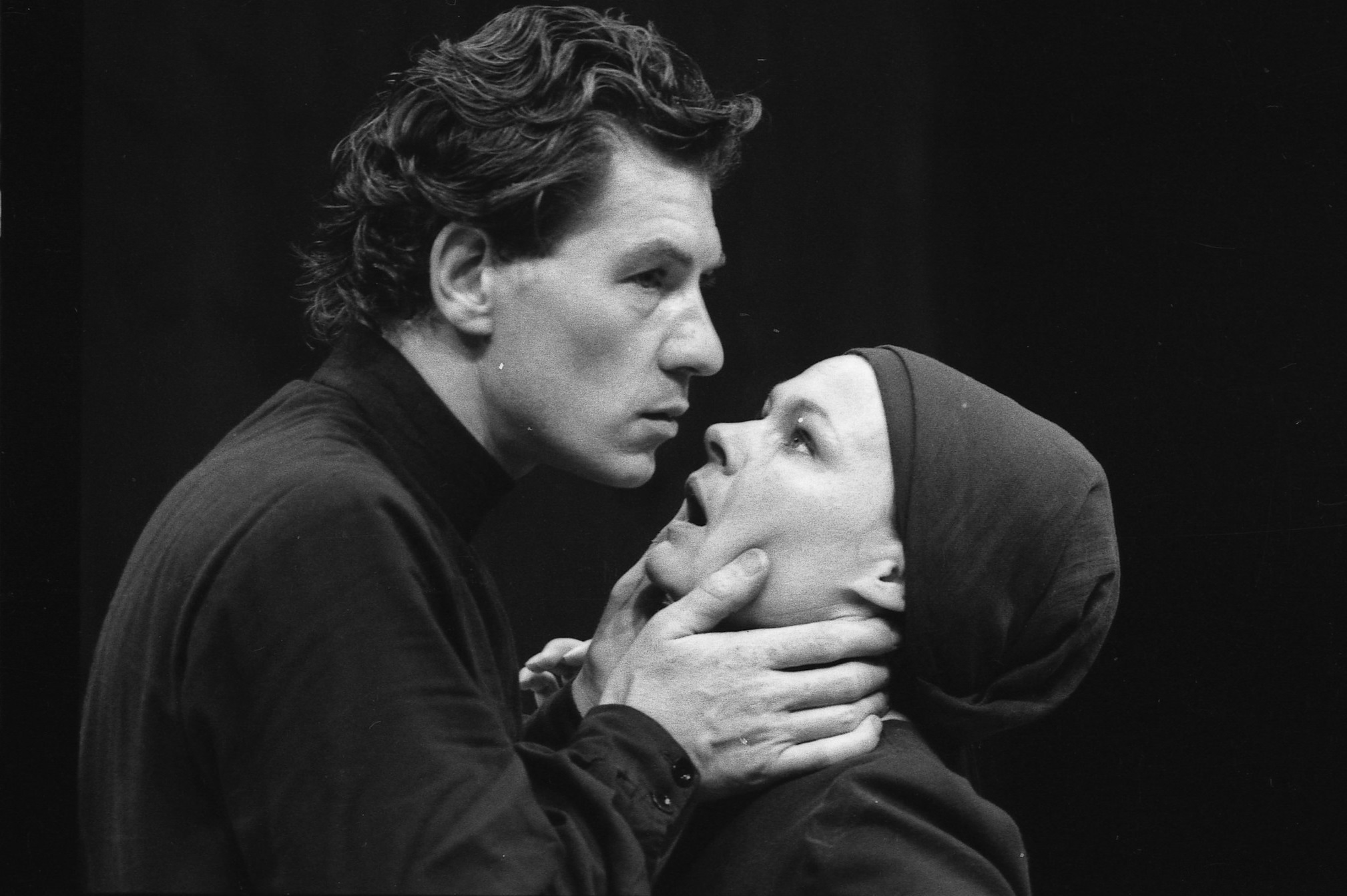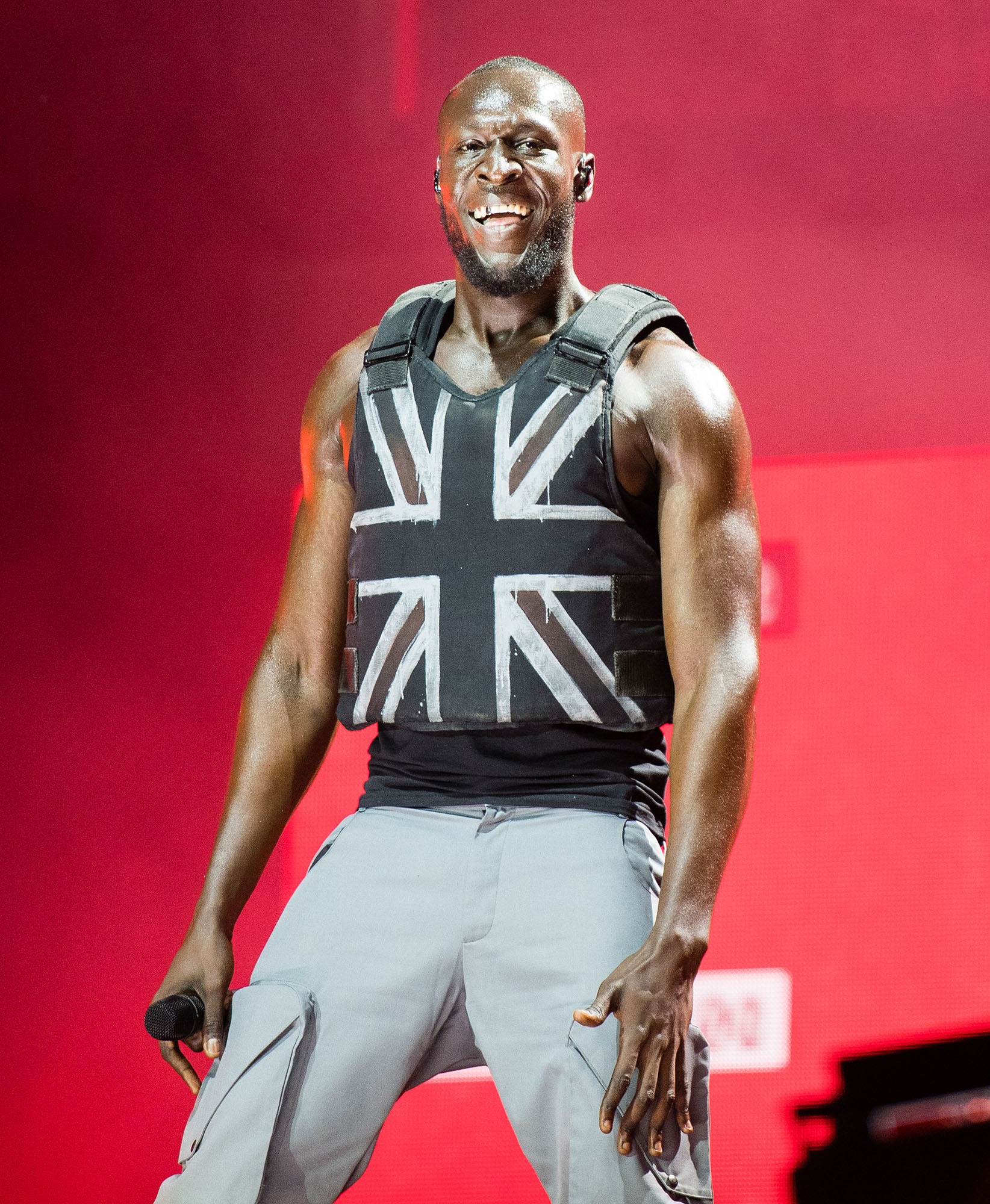10 facts for 75 years
9 Aug 2021 12:30 PM
To mark our 75th anniversary, here's a run down of 10 facts and iconic cultural moments from the past 75 years...
1. Acronyms not so @ace_national
The name Arts Council of Great Britain was chosen as the name of the new funding body because as its first Chair, the economist John Maynard Keynes, explained “I hope you will call us the Arts Council for short, and not try to turn our initials into a false, invented word. We have carefully selected initials which we hope are unpronounceable.”
2. Going underground
Art for All was one of the first touring exhibitions the Arts Council funded in the 1940s. Displaying London Transport posters and the original art they were taken from at venues across the country ranging from the V and A to the Savoy Hotel in Sandown on the Isle of Wight. Our connection with the Underground continues to this day as we support some of the commissions for Art on the Underground.
3. Festival of Britain
Was a display of the best of British in 1951. Though now remembered as being centred on London’s South Bank, a further 22 festivals were held across England specifically to showcase culture and creativity. Among others festivals were held in Norwich, York, Brighton, Stratford-upon-Avon, and Liverpool.
4. South of the river
Gateshead has benefitted from investment in culture over the last quarter of a century, from Antony Gormley’s Angel of the North to the Baltic and SAGE. It’s one of many places across England where investment in culture has been used to regenerate areas and help level-up communities.

Anthony Gormley's Angel of the North. Photo © Sally Ann Norman
5. Lest we forget
14-18 Now was a creative and cultural project that ran over five years to commemorate the centenary of the First World War. 35 million people engaged with the arts experiences created by 420 performers, artists, musicians, film makers and designers. Among the events was we’re here because we’re here which saw hundreds of volunteers rehearse in secret to portray individuals killed on the first day of the Battle of the Somme.
6. Good for tourism
In 1985 the then chair of the Arts Council, William Rees-Mogg, said “"The arts are to British tourism what the sun is to Spain." The value of culture and creativity to tourism has long been recognised. In 1976 a successful tour of the country by the RSC which starred Judi Dench and Ian McKellen was funded by among others the then national tourism body. Find out about our latest work in partnership with Visit England.

Judi Dench and Ian McKellen in the 1976 Royal Shakespeare Company production of Macbeth. Photo © The Shakespeare Birthplace Trust.
7. Going for gold
The 1948 London Olympics was the last time that you could win an Olympic medal in architecture, literature, music, sculpture and painting. An exhibition of the art entries was held at the Victoria and Albert Museum with War Artist Alfred Thomson winning Britain’s only gold medal. The 2012 Cultural Olympiad that ran alongside London 2012 saw events being run across England.
8. They might be giants
The spectacular giants have appeared in Liverpool and other places across the country many times over the years, creating stunning street theatre for all to enjoy.
9. Funding the future
Stormzy received help from the Arts Council to fund his first American gig. Public money has also supported the early careers of many Mercury Prize nominees - we even created our own Spotify playlist of those the Arts Council has supported.

Stormzy performs at Glastonbury Festival 2019. Photo © Samir Hussein
10. Through the good times and the bad
From wartime, through economic downturn, and coronavirus, investment in culture and creativity has continued. The Culture Recovery Fund has so far seen £2 billion committed by the Government to the survival of the sector and ensure a foundation for culture and creativity to be part our recovery from the pandemic.